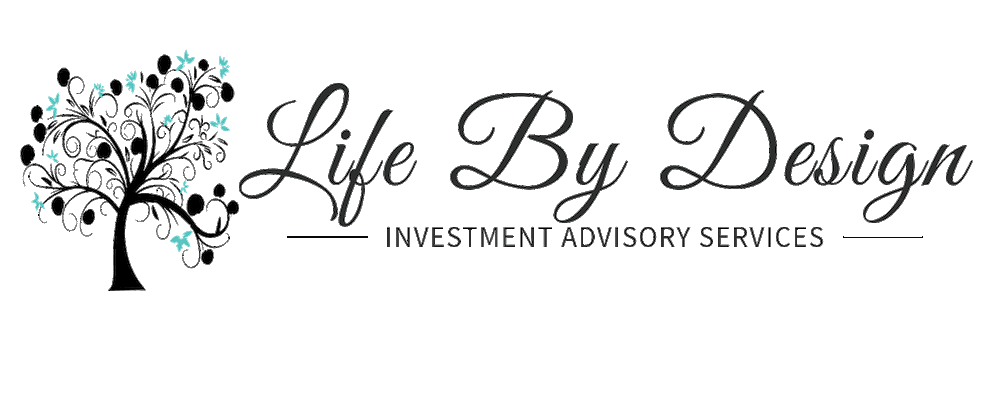With income comes taxes, and investment incomes are no different. As your portfolio grows into retirement, it’s important to consider your pre-tax and post-tax retirement incomes, and how future tax liabilities may impact your overall retirement strategy. If you’re working with Life By Design Investment Advisory Services, we will consider these factors when building your plan.
Ideally, you should look into getting professional help with tax planning long before you retire. The U.S. tax code is thousands of pages of legislation, court rulings, and legal interpretations. And if you’re a high net-worth individual, you’re more likely to pay higher taxes. LBDIAS can help minimize taxes owed- so don’t leave tax planning to the last minute!
Dividends
One of the most common ways to reduce taxes is dividends. Since corporate dividends are paid from after-tax business income, governments typically tax them at a much lower rate than salary or hourly wages. If you are self-employed, you will likely have a few options to move money from your business to your personal accounts.
This can be complex, and depend on where you live and work. We have up-to-date information, along with a knowledge of laws and conventions that are relevant to you. Your wealth advisor will determine what applies to you, and can help structure your affairs to earn dividends instead of a salary.
Charitable Giving
Charitable donations are another common vehicle we use to reduce taxes. Giving to nonprofits is an honorable thing to do, and it also reduces your tax burden. Tax-conscious investors will often donate their securities directly to an organization; a strategy that may offer many benefits. If you have a charity or NGO close to your heart, consider contacting their “planned giving” or legacy advancement offices.
Estate Planning
Estate planning is likely the most important aspect of tax planning at a professional level. Depending on where you live, the “death taxes” you may owe after passing could be quite high, but there are many strategies to minimize taxes at the estate level. Family trusts, foundations, and other corporate structures are strategies we often use to lower estate taxes, sometimes significantly.
Time is Money Saved
Lastly, the best value from working with a wealth advisor is free time. Most of us investors just want to save and get our money working for us. Let the professionals do the heavy lifting when it comes to research, strategy, and education. Life is short – do you really want to spend your free time reading charts and tax tables?
Investing takes a day to learn and a lifetime to master. Trusting yourself to research all the options and make the right choices for your future can be overwhelming – even if you have a degree in finance. We are researching and strategizing around the constant changes taking place in the market, taxes, and estate planning. The world of investing only gets more complicated, so it’s crucial to stay up-to-date. It pays to rely on an expert instead of doing it all on your own.
There are countless ways to reduce your tax payments. 401(k) plans are just the start. Your life is bound to change over the course of your working life, and Life By Design Investment Advisory Services can help tailor your plan as needed.
Whether you have millions or very little, there is a real benefit to professional advice for tax planning. An experienced wealth advisor can help you grow your savings and retain more of their value at tax time. Taxes can make an enormous difference in your post-retirement income, so it pays to get advice that may help you achieve more in retirement.
Life By Design Investment Advisory Services is a registered investment adviser. Information presented is for educational purposes only and does not intend to make an offer or solicitation for the sale or purchase of any specific securities, investments, or investment strategies. Investments involve risk and, unless otherwise stated, are not guaranteed. Be sure to first consult with a qualified financial adviser and/or tax professional before implementing any strategy discussed herein.




